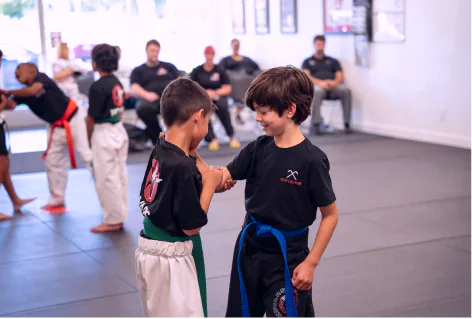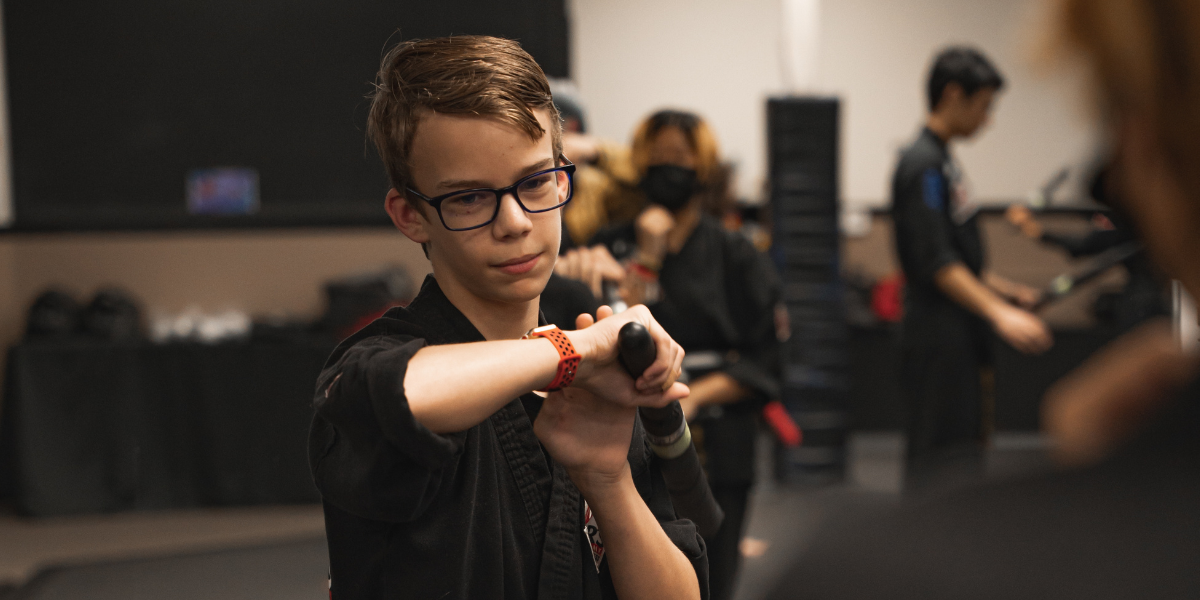How to Improve My Child's Self Esteem
There are many things we can do as parents to cultivate positive self esteem in our children.

The idea of self esteem can sometimes seem nebulous and is a concept that is easily misunderstood. What is it? How do you measure it? Actually there are many things we can do as parents to cultivate positive self esteem in our children. Many times we tend to think that self esteem comes from a big accomplishment or significant win in our child’s life that might involve a trophy or award. Yes, those things are great when they happen however, typically they occur few and far between to make up the bulk of a child’s self esteem. Positive self esteem is nurtured over time and as parents there are plenty of things we can do to help fill up our kid’s self esteem cup and help them to grow in confidence.One of the easiest things we can do is give praise. Pope John Paul the XXIII once said, “See everything, overlook a lot, correct a little.” In this sense we’ve all heard that as parents it’s important to praise our children but it goes even further when we can compliment one of their qualities that makes them strong. Saying good job over and over can eventually be tuned out whereas recognizing what is tough for them and acknowledging their strength through that challenge shows them that you’re watching and encourages them to make those same choices again the next time. For example when my daughter used to get frustrated with math homework, I would encourage her and say, “ I really like how you handled that problem, I could tell you were frustrated but you didn’t quit and got through it.” Finding these specific strengths in your child that they can feel good about will raise their confidence level and help see them through a tough challenge the next time one arises.Feeling accepted is an excellent way to help boost self worth and shows kids that we value them. One way in which we can show kids our acceptance of them is by making sure we have age-appropriate expectations of them. Often times we can forget our kids are kids and place adult expectations on them. And that means we expect them be perfect versions of ourselves when in actuality adults often have grumpy moods, bad days, and can sometimes display bad attitudes and unkind words–just spend a little time in a busy store with a long checkout line and you’ll see my point. One time when my kids were little I was impressed when one teacher at a back to school night included an age appropriate milestone chart for each parent. Her foresight was very wise because as parents we can often times get ahead of ourselves and think of our kids as adults emotionally and physically when the reality is they are still kids that are growing and learning. And that means we need to keep our expectations age appropriate.Kids naturally have bigger emotions than adults and through growth and maturity they eventually learn how to manage them but when they’re young allowing them feel their emotions should be ok and they should feel safe doing so. Crying, feeling angry, or frustrated are all part of being human and when we can accept how they feel rather than trying to control and force them to contain how they feel we validate them as a person. I remember a time when my mom gave me a well-deserved consequence and I was so upset over losing the particular privilege that I was visibly and understandably not happy about it. Then when my dad came home he was annoyed with my grumpy mood. My mom explained to him that I had received a consequence, and feeling disappointed over it was par for the course. If you think about it she was right and my dad gave me the space to be angry and take the time to process my emotions when I needed it. As long as children aren’t hurting themselves, others, or trying to manipulate an outcome, kids should be given the green light to have emotions and a supportive environment in which those feelings can be expressed. When parents accept all of their children, good days and bad bays alike, it sends the message, “This is how you are feeling not who you are, and you’re OK.” As we validate their feelings their inner worth will continue to grow filling their self esteem cup.Another important factor to consider as parents is, confidence grows from experience. Albert Einstein is attributed as saying, “The source of knowledge is experience.” The more kids do and acquire knowledge the more confident they become. As a martial artist I firmly believe believe this–the longer I train and the further I go the more capable of a martial artist I become and my confidence from that training increases. It’s important for kids to have regular goals and to strive for them. It could be a good grade in a difficult subject, reading 40 books a year, or earning their next belt rank in martial arts. Self-esteem grows from doing something over and over again where a skill is acquired through effort and time. In martial arts the series of belts represent small goals. We have a saying, “a black belt is a white belt that never gave up.” This perseverance and commitment is evidenced by the tips and belts our students earn. Each changing color traditionally represents a master’s white belt that became dirty over time from perseverance and commitment to training in martial arts. When kids can see progress being made it shows them they’re moving in the right direction and acquiring the skills to move onto the next level. As their skills increase they they feel good about themselves and that increases their self esteem. So get your kids involved in attaining goals. The confidence they’ll experience from the process will benefit them greatly.A school teacher friend of mine once said something very wise, “Kids are going to learn no matter our efforts as long as they’re exposed to learning.” I thought that statement was very profound and it taught me a valuable lesson as a parent. There may have been days when I thought my kids were capable of more than they were showing or acting but my objective was to continue to praise their strengths, keep my expectations realistic, and trust growth.



